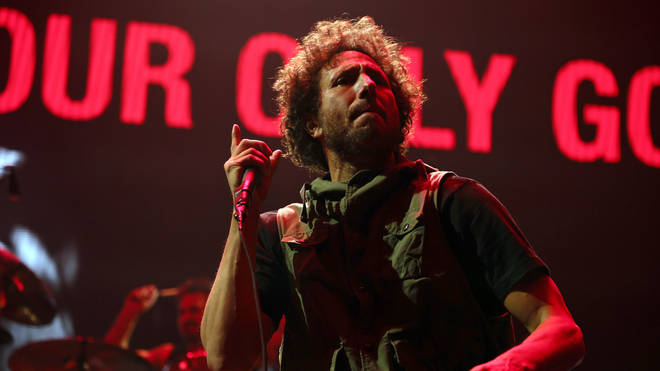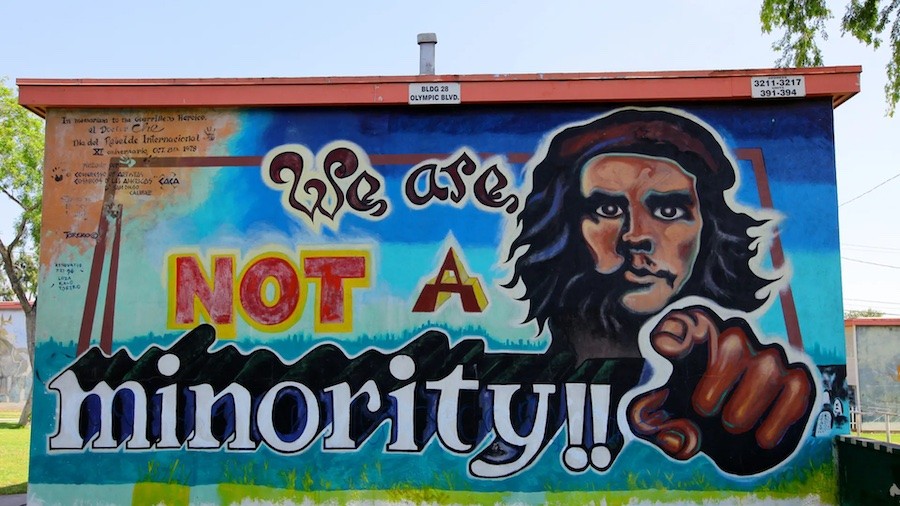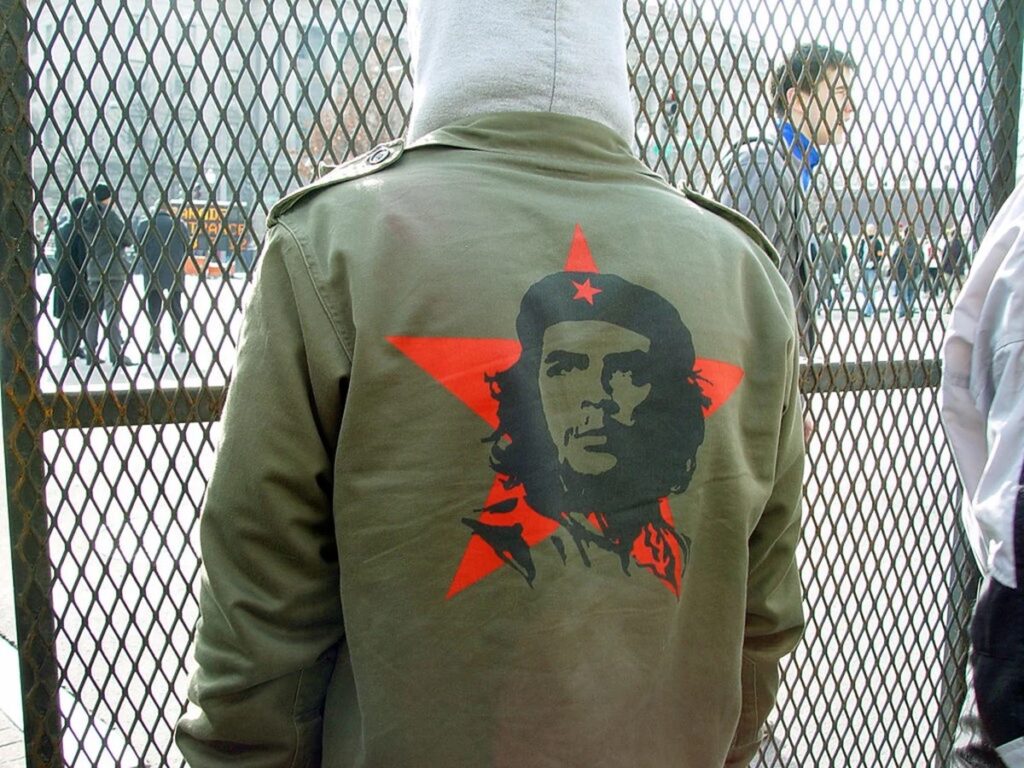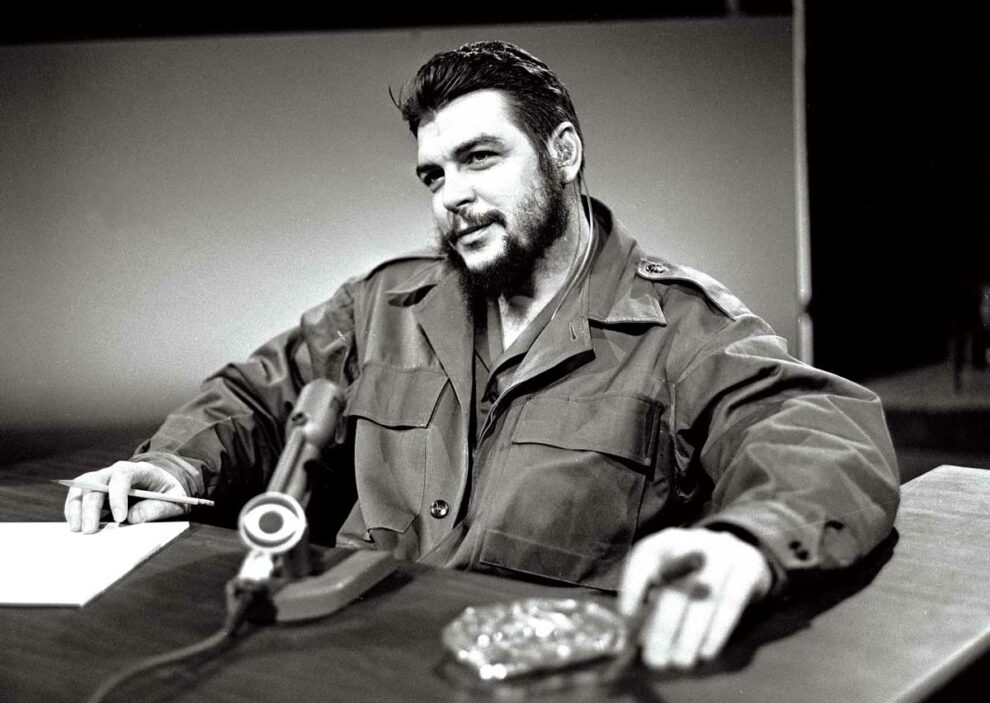For most of my adult life I have witnessed people place the late revolutionary hero/villain, Ernesto “Che” Guevarra, onto either a holy pedestal or describe him as the second coming of Adolf Hitler. There is no in-between.
Chicanos are no exception to this phenomenon and the larger Latino diaspora tends to feel strongly in one extreme or the other, particularly Cubans. People either revere Che or revile him. He is either saint or sinner and what’s particularly interesting is that most people, typically those with the strongest emotions about him, know little of what he actually did and why.
There’s a reason Chicanos are drawn to Che and it has nothing to do with communism, despite what conservatives foaming at the mouth claim online. But is Che even relevant anymore in today’s ultra woke/conservative world?
Revolutionary

I find that question especially remarkable in an era where people throw accusations of being a “commie” around like it’s the 1950s all over again and where kids proudly drape themselves in hammer and sickle garb to be edgy. Despite all of this, few people truly understand what communism, socialism and capitalism even mean, much less what Che really stood for, yet his myth persists.
Further, people today are so utterly disconnected from the past that trying to understand the Cuban Revolution or what motivated Che Guevarra, using a lens from 2023, is like trying to get modern day media to tell the whole story or even the truth.
Che’s relevance largely depends on who you ask. But if you do ask, you are guaranteed to get a strong reaction. Many from my generation were drawn to Che through his image being used by counter culture musicians, namely Rage Against the Machine. I too am guilty of this phenomenon. But unlike people on social media today, I actually studied the man and the revolution, and was drawn in further when I realized that his revolutionary spirt was the same as the spirit of the Chicano Movement.
Truth be told, for those of us with parents who were part of the Chicano Movement, Che’s image was not at all unfamiliar, even if we did not know exactly who he was. Che’s relevance to Chicanos is just one of many things that separate Raza from other Latinos.
Studying Che, as well as listening to interviews with RAtM’s singer Zach de la Rocha, led me to becoming interested in the struggle of the EZLN (Zapatista Army of National Liberation), which I spent a portion of my time in college researching and interviewing. This led me full circle back to the tenets of the Chicano Movement, the struggle of the poor, the working class, the barrio and the ills of capitalism, particularly against Chicanos.
Such is the evolution of a Chicano academic mind in a Che t-shirt.
“We Are Not A Minority”

However, my earliest memory of seeing Che and feeling connected to his image was when I saw the famous mural in East L.A.’s Estrada Courts, which features his likeness and finger pointing outward with the words: We are not a minority!
That statement, along with his image, hit me like a ton of bricks and left a lasting impression. I might not have known anything about Che or the Cuban Revolution at the time, but I’ll be damned if seeing those words didn’t change my life.
But most people don’t see Che that way, at least most non-Chicanos. You would have to understand the Chicano Movement to understand the appeal of Che for Raza. Many younger Latinos now are so far removed from the Movement that they see Che as a villain for various sins against the Church of the Woke.
This is particularly interesting to me, because in this case, the same people actually find common ground with rightwing conservatives in their criticism.
What both groups fail to understand is Che’s revolutionary spirit. He was a living and breathing example of Emiliano Zapata’s famous quote about dying on your feet. He was also the personification of what Black Panther founder, Huey Newton, talked about when he coined the phrase “revolutionary suicide.”
Old school progressives see him as a posterchild for simple rebellion and right wingers see him as the posterchild for communism. Both are wrong and both are deeply entrenched in pushing Che as a saint or devil. He was neither.
It took me a lifetime to understand the wisdom of the saying, “the road to hell is paved with good intentions.” And with that saying, I think of people like Che, his revolution and the aftermath in Cuba.
It’s par for the course for conservatives to demonize Che, they do so without a shred of evidence for their claims. I’ve watched them do it for decades and it’s always the same. They claim he was barbaric, a murderer, a fascist, a commie and more. Alternatively, others claim he executed gays, hated blacks and burned books.
Hypocrisy?

And while some of these things might be true, chiefly the murderer part, they are also true of most if not all conservative darlings. How these people can champion someone like Christopher Columbus or claim Manifest Destiny was honorable, while demonizing Che for so-called war crimes, is laughable.
If you do any kind of research on the history of Cuba you will discover that the tiny country has always been under the boot of a dictator or elitist rule. And most people never mention that prior to the Revolution the country was run by the corrupt Fulgencio Batista regime who, along with the military, operated as a brutal dictatorship.
Batista’s regime, supported by a US-backed military coup, was heavily involved in gambling and the drug trade. Organized crime along with the US government and elites treated the country like their own personal brothel and candy store.
It is widely documented that Batista allowed organized crime and American companies to bully the Cuban economy, something they are salivating at doing again. The US armed and politically supported the Batista dictatorship, with John F. Kennedy recognizing the corruption far too late in the game.
Right wing Cubans never mention how in the months following the coup, a young Fidel Castro, then a lawyer/activist, petitioned for the overthrow of Batista, whom he accused of corruption and tyranny. The courts rejected Castro’s petition and thus the revolution was born.
This is not to say that I endorse what became of Cuba after the revolution because I do not. Obviously, communism was not the answer and the people there are still suffering. I do not wish to make light of what went down because war is always ugly. But I also know people who grew up in Cuba after the revolution, so I’m privy to how awful the conditions are now by firsthand account and how they brainwash children to believe that Che is a bona fide saint.
Still, prior to the revolution the people of Cuba were long exploited by a corrupt government and were pawns of the US government and organized crime. The only difference now is that Uncle Sam is not causing the misery.
People admire Che because he helped to overthrow a corrupt government by organizing the poor and working class into a revolutionary army. Despite the lies told about him, he truly believed in the liberation of the poor and oppressed. Thomas Jefferson’s “tree of liberty” quote that conservatives love to throw around was lived out by Che Guevarra.
At its peak, the Chicano Movement was not a Democratic party tool. Nor was it right wing or communist. It was something else entirely. It was revolutionary in its heart and soul. For this reason, Chicanos aligned with and were drawn to movements like the Black Panthers and to leaders like Che.
Che helped accomplish what some people today only fantasize about online. But if Che is still relevant today it is only for culture war points and t-shirt sales. The man and his philosophy are a throwback to a different era and mindset which sadly, has been lost.












